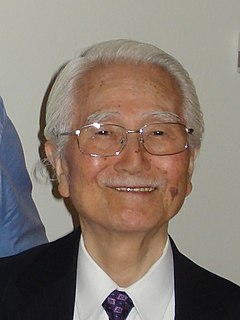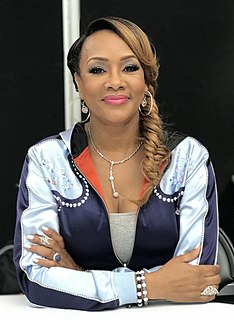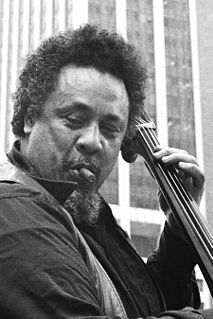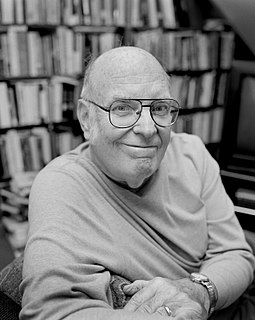A Quote by Prunella Scales
Hobson's Choice' may have been in black and white, but it was a David Lean production filmed at Shepperton with Charles Laughton in the lead. So it was a big film - and it felt like it.
Related Quotes
[David Lean's] images stay with me forever. But what makes them memorable isn't necessarily their beauty. That's just good photography. It's the emotion behind those images that's meant the most to me over the years. It's the way David Lean can put feeling on film. The way he shows a whole landscape of the spirit. For me, that's the real geography of David Lean country. And that's why, in a David Lean movie, there's no such thing as an empty landscape.
I only realised why I keep living in Shepperton when I returned to China. All the people who moved there had come from places just like Shepperton, and so they built and lived in houses exactly like these. I now know I was drawn here because, on an unconscious level, Shepperton reminds me of Shanghai.
There are various non-statistical tools that have been typically developed by lean companies, notably by Toyota for minimizing variability in production, such as standardization, introduction of takt time, synchronization, shortening the total production lead time which I am fond of referring to as non statistical tools.
You are a white. The Imperial Wizard. Now, if you don't think this is logic you can burn me on the fiery cross. This is the logic: You have the choice of spending fifteen years married to a woman, a black woman or a white woman. Fifteen years kissing and hugging and sleeping real close on hot nights. With a black, black woman or a white, white woman. The white woman is Kate Smith. And the black woman is Lena Horne. So you're not concerned with black or white anymore, are you? You are concerned with how cute or how pretty. Then let's really get basic and persecute ugly people!
There is not a history of black intellectuals being allied with dominant forces to hold white people in social and cultural subordination for a few centuries. Second, the "our" of black folk has always been far more inclusive that the "our" of white folk. For instance, there would have hardly been a need for "black" churches if "white" churches had meant their "our" for everybody - and not just white folk. But "our" black churches have always been open to all who would join. The same with white society at every level.




































